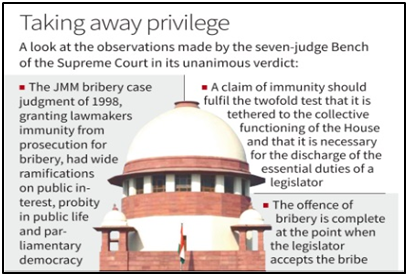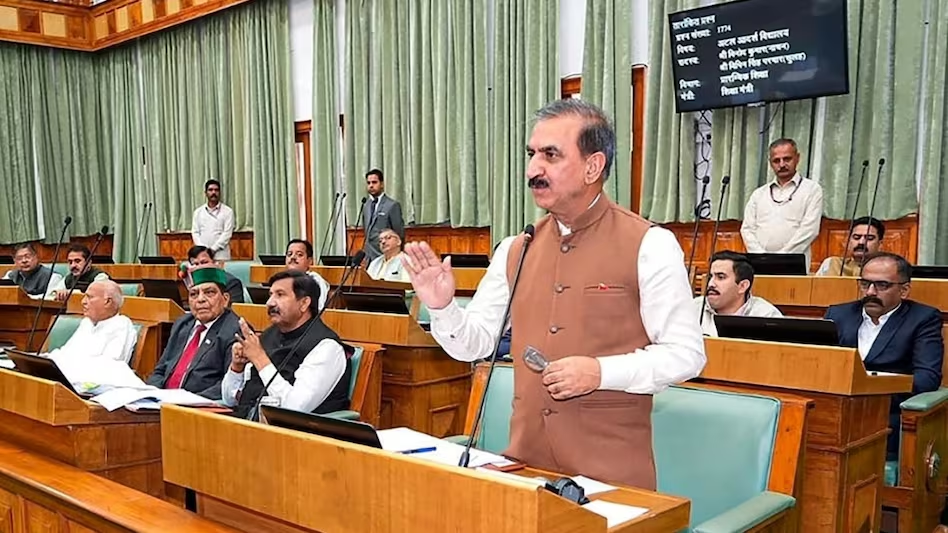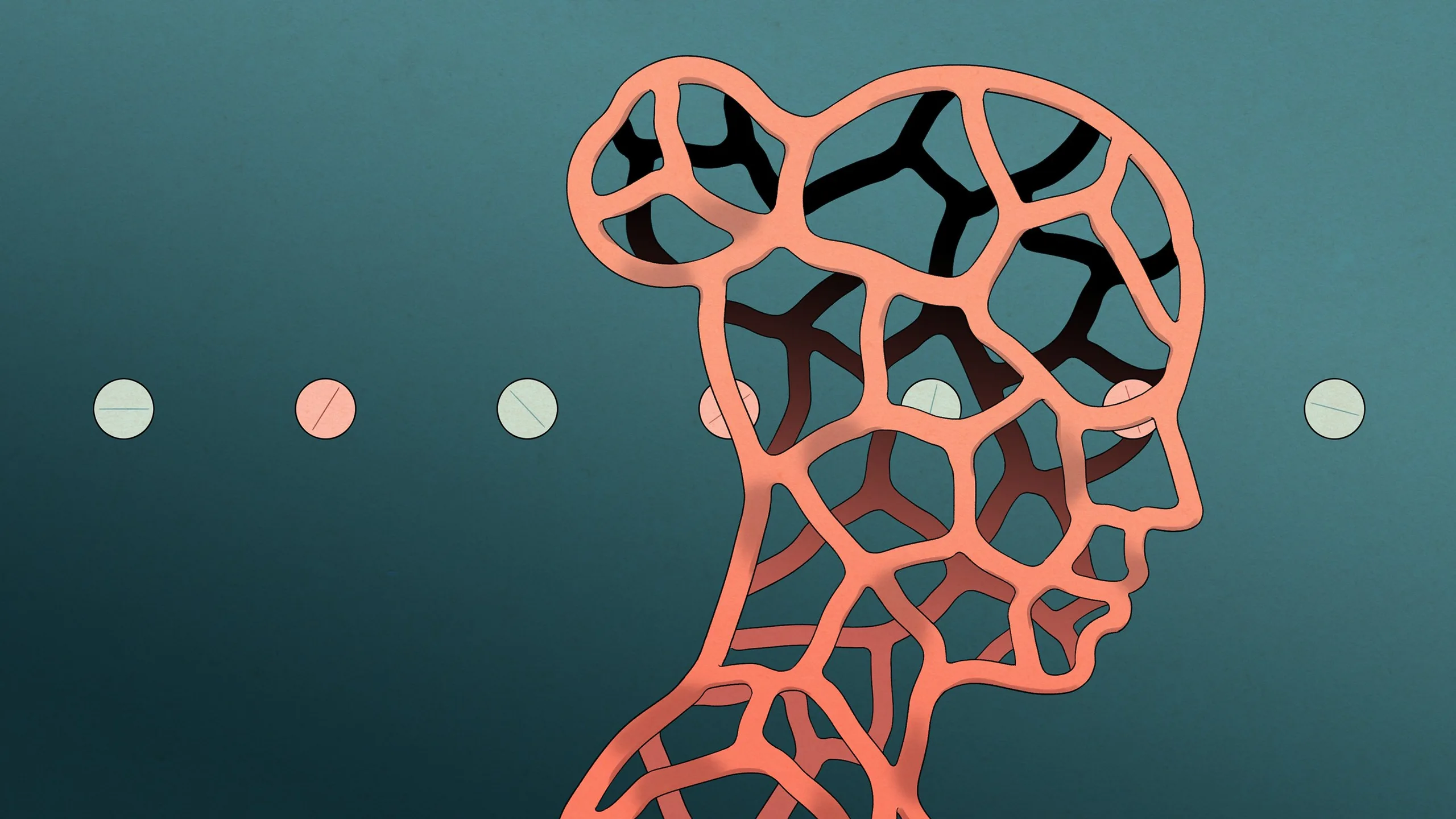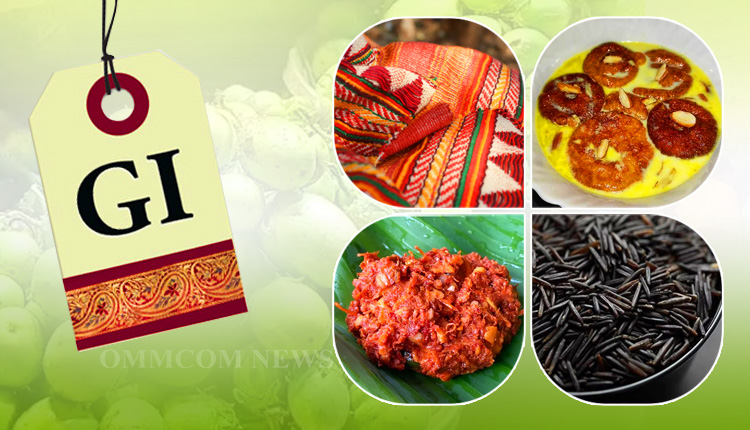- Courses
- GS Full Course 1 Year
- GS Full Course 2 Year
- GS Full Course 3 Year
- GS Full Course Till Selection
- Answer Alpha: Mains 2025 Mentorship
- MEP (Mains Enrichment Programme) Data, Facts
- Essay Target – 150+ Marks
- Online Program
- GS Recorded Course
- Polity
- Geography
- Economy
- Ancient, Medieval and Art & Culture AMAC
- Modern India, Post Independence & World History
- Environment
- Governance
- Science & Technology
- International Relations and Internal Security
- Disaster Management
- Ethics
- NCERT Current Affairs
- Indian Society and Social Issue
- NCERT- Science and Technology
- NCERT - Geography
- NCERT - Ancient History
- NCERT- World History
- NCERT Modern History
- CSAT
- 5 LAYERED ARJUNA Mentorship
- Public Administration Optional
- ABOUT US
- OUR TOPPERS
- TEST SERIES
- FREE STUDY MATERIAL
- VIDEOS
- CONTACT US
Bribes for Votes Case: Supreme Court Rules Legislators Not Immune from Prosecution
Bribes for Votes Case: Supreme Court Rules Legislators Not Immune from Prosecution
11-04-2024
- A 7-judge Constitution Bench of the Supreme Court ruled that Members of Parliament (MPs) and state legislators who accept bribes to vote or speak in a particular manner in the House are not immune from prosecution.
- This judgment overturns the apex court's 1998 judgment (JMM bribery case), which granted immunity to such lawmakers.
Privileges and Immunities of MPs and MLAs:
- Definition: Privileges refer to special rights, immunities, and exemptions enjoyed by the two Houses of Parliament, state legislatures, their committees, and their members.
-
Constitutional Provisions:
- Articles 105 and 194 of the Constitution of India grant privileges or advantages to MPs and MLAs of every state respectively.
- These privileges are considered special provisions.
-
Privileges Mentioned in the Constitution:
- Freedom of speech for MPs (Article 115 (1))
- Immunity from legal proceedings for statements in Parliament or its committees (Article 105(2))
- Similar provisions for MLAs under Article 194
Purpose of Privileges and Immunities:
- To ensure MPs and MLAs can perform their duties and function properly without hindrances, which is essential for the democratic functioning of legislatures.
- Without these privileges, the Houses cannot maintain their authority, dignity, and honor, nor protect their members from obstruction in discharging parliamentary responsibilities.
Difference Between Article 19 and Article 105:
- Both articles pertain to freedom of speech.
- Article 105 applies to members of parliament without reasonable restriction, while Article 19(1)(a) applies to citizens subject to reasonable restrictions.
- Article 105 is an absolute privilege for parliament members but can only be exercised within the parliament's premises.
Background of the Present Case
The 1998 P.V. Narsimha Rao Case involved allegations of bribery against Jharkhand Mukti Morcha (JMM) leader Shibu Soren and some of his party MPs. They were accused of taking bribes to vote against a no-confidence motion against the then P.V. Narasimha Rao government.
In a landmark decision, the Supreme Court of India, by a narrow 3:2 majority, granted immunity from prosecution to MPs who accepted bribes and voted to save the Congress government in Parliament.
- The Court held that legislators enjoy immunity from criminal prosecution for bribery in matters connected to their speech and votes in Parliament and Legislative Assemblies.
Subsequent Developments
Matter Reached Supreme Court Again:
- In 2012, JMM MLA Sita Soren was accused of accepting a bribe in exchange for her vote for a candidate in the Rajya Sabha elections.
- She approached the Jharkhand High Court to quash the chargesheet and criminal proceedings against her, relying on the immunity provisions of Article 194(2).
- However, the High Court refused to do so, after which Sita Soren had to appeal to the Supreme Court.
Larger Bench Reference:
- In March 2019, the Supreme Court observed that the decision in the P.V. Narasimha Rao Case directly dealt with such cases.
- However, recognizing the narrow margin of the earlier decision (3:2 split among five judges) and the substantial public importance of the issue, the Court referred the matter to a larger bench.
-
- In September 2023, a 5-judge bench led by Chief Justice of India (CJI) D.Y. Chandrachud identified 3 key issues that needed to be reconsidered and referred from the P.V. Narasimha Rao Case to a 7-judge bench.
The Final Judgment:
- No Immunity for Accepting Bribes:
- Individual members of the legislature cannot claim immunity from prosecution for bribery under Articles 105 and 194.
- Bribery Not Linked to Lawmakers' Duties:
- Accepting a bribe is a separate crime unrelated to a lawmaker's actions or words within the legislature.
- Thus, immunity under Articles 105 and 194 does not extend to cases of bribery.
- Threat to Parliamentary Functioning:
- Granting such protection would create an unregulated group exempt from the law.
- Corruption and bribery by legislators undermine the functioning of Indian parliamentary democracy.
- Such a claim of immunity fails to meet the two-fold test necessary for legislators' essential duties.
- Completeness of Bribery Offense:
- Bribery is considered complete once a bribe has been offered or a compromise ha
- s been made, regardless of whether the vote is cast in the agreed direction or not.

Must Check: Best IAS Coaching In Delhi



